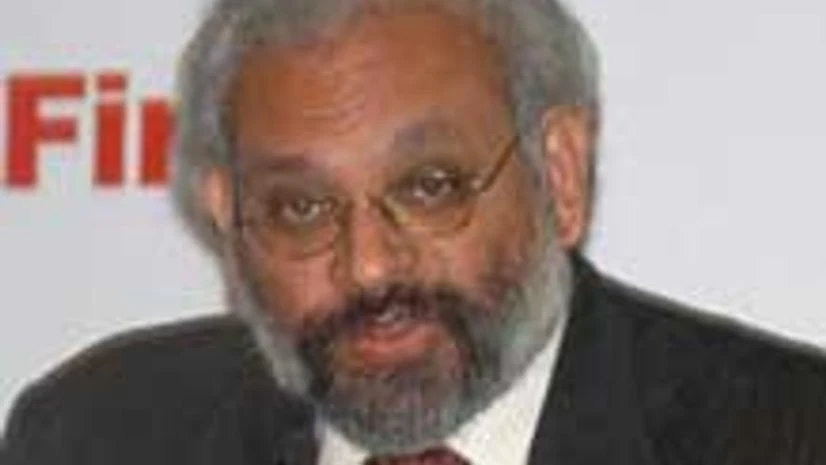When I joined the Reserve Bank of India (RBI) in 2009, the institution was well into a year-long celebration of its 75th anniversary. The demands this made on my time notwithstanding, it provided an unexpected opportunity for immersion learning about the institution and how it had evolved over its lifetime. Among the various observances was a series of "down memory lane" events by each department, which had generations of people who had worked there share their memories about what they did and the larger context in which they did it. I attended several of these, initially out of obligation, but very quickly, out of fascination for the stories of change, accommodation and adjustment I was hearing.
An institution that is often seen as rigid and monolithic from the outside was demonstrating an amazing flexibility and resilience inside. Departments and activities grew and shrunk, newer ones were hived off from older ones, technology made some processes redundant and brought in others - all of the elements of organisational change were visible. Many of these changes accelerated sharply with the liberalisation measures initiated in the early 1990s. But, more recently, new challenges such as financial stability and financial inclusion have also triggered organisational changes.
ALSO READ: RBI turns 80: The uneasy relationship
However, a characteristic of enduring institutions is that some of its core attributes remain constant. It is essentially this balance between constancy and change that allows institutions to persist in their relevance and effectiveness. The question is: Which of these core attributes really need to stay constant and which ones hurt the institution's effectiveness by persisting? Like any large and enduring institution, RBI unquestionably has both.
On the positive side, I see these as the three most important of the desirable constancies. One, there is a deep, collective sense of purpose. There always are individual agendas in any organisation, but I felt these were largely subordinated to institutional goals and priorities. Departmental boundaries, often an irritant on a day-to-day basis, were swiftly pushed aside when dealing with stress situations. This kind of collective attitude fosters mutual trust and increases the prospects of effective responses to shocks. Two, meritocratic principles broadly apply in upward and lateral mobility decisions. There is, consequently, a high degree of competence at decision-making levels. Three, systems and processes are explicit and adhered to, making the transmission of information and decisions relatively efficient.
ALSO READ: A new milestone at Mint Road
On the flip side, I see some constancies as being impediments. One, the institution has not yet responded to the need for specialist skills in several key functions. The "anyone can do any job" philosophy of generalist-dominated organisations is, I believe, obsolete and undermines the effectiveness of the institution. Addressing this requires changes in internal HR practices, which will allow entry-level generalists to choose and be trained in more specialised career paths. It also warrants a much more broad-based lateral entry strategy, to bring contemporary skills into the organisation. Regulator and regulated have to be evenly matched. Two, it needs to re-define its relationship with the government in a comprehensive way. The monetary policy framework agreement is a start; jettisoning the statutory liquidity ratio (SLR), even if in phases, should be the next step. This is a millstone around the neck of bond market development. The establishment of the Public Debt Management Authority should be used as an opportunity to completely re-jig this arrangement. Three, it needs to be far less suspicious of innovations in the payments space. The entire sector is in a state of churn and nobody knows which models will fail and which will succeed. Over-regulation will ensure that even potentially successful ones will fail. Prudence and innovation can co-exist.
As RBI celebrates its 80th anniversary, I trust it will continue to strike a balance between constructive change and "good" constancy.
The author is director of research, Brookings India and former deputy governor, Reserve Bank of India. The views are his own.

)
